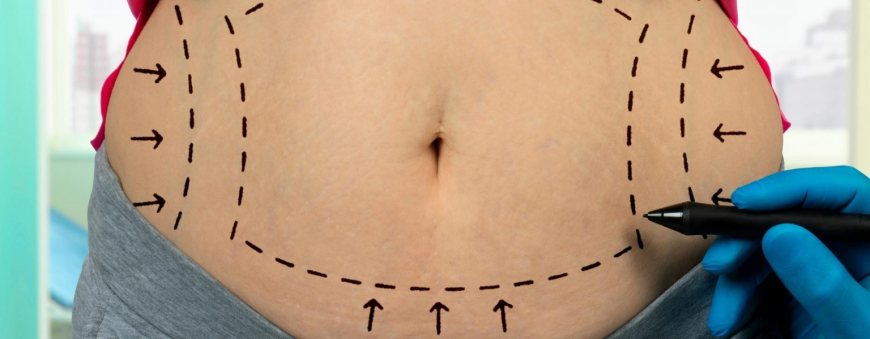Patients who have had liposuction often have the same question after the procedure: Does fat return after liposuction? The short answer to this question is, yes and no. While there are multiple components to fat loss, liposuction can provide excellent long-term fat reduction results in many patients. However, as with most cosmetic procedures, there are some limitations to the long-term benefits that can be achieved through liposuction alone.
In general, liposuction is permanent. The fat cells die and are naturally processed and eliminated by your body. However, it is possible to regain some of that fat after surgery due to a variety of reasons including weight gain, medication change, or lifestyle habits. What's important to understand is that even if you experience a small amount of regained fat after surgery, it will not be in exactly the same place as where it was originally removed.
For more information about liposuction, contact a board certified plastic surgeon in your area to schedule a consultation. Each surgeon is different so be sure to ask questions that are specific to you and your goals. In addition, set up an appointment for a physical examination before signing any consent forms.
The first thing that must be said is that liposuction is not a cure for obesity. Regardless of how much fat has been removed, if patients don't make positive changes to their diet and exercise habits they will gradually gain back any weight lost after liposuction. The surgery should be viewed as a way to jumpstart your journey to weight loss success.
What are realistic results from liposuction surgery? During any consultation, patients should ask how long they can expect to maintain their desired body shape. For example, if a woman has 100 lbs of excess fat in her lower abdomen and flanks, it's reasonable to expect that 20-30 lbs of that fat would be removed with liposuction.
Approximately three-fourths of those who lose weight will regain it within one year, according to a study published in Obesity Research. Additionally, many people underestimate how much they'll regain: more than half of dieters expect to return to their pre-dieting weight within two years, even though only 25% actually achieve it. The reason: post-diet weight gain is largely influenced by changes in dietary intake and activity level-two things that are notoriously difficult for dieters to sustain over time.
The short answer is that fat doesn't return. The fat will still remain, but it might be redistributed to other areas of your body such as your stomach or back. This can occur if you don't follow your surgeon's post-operative instructions and gain weight in excess of what you originally had before surgery. It may also happen if you aren't exercising on a regular basis. Your metabolism slows down over time, so maintaining a healthy diet and exercise routine after liposuction are essential for keeping your results looking great!
A common concern is how soon can you exercise after liposuction. The short answer is that you should avoid vigorous activity until your body has a chance to recover and heal, which takes 4-6 weeks. The trickier question is how much activity you can engage in during that period and still produce safe results. Here are some guidelines...
Another concern of patients who undergo liposuction is when they will be able to wear regular clothing again. Most patients find that they feel comfortable wearing tight clothing or bathing suits within 1-2 weeks of their procedure, but most surgeons recommend waiting 6 weeks before wearing anything too snug or restrictive. It's important not to rush recovery since sagging skin is often caused by rapid weight loss (or weight gain) which places extra stress on already weakened tissue.
Preparation: If you want to get as much out of your liposuction procedure as possible, it's important that you start preparing for it long before surgery day arrives. To optimize results, please read these general guidelines and follow them closely. Be sure to inform your physician if there are any deviations from your daily routine prior to surgery. Avoid eating or drinking anything past midnight on day of treatment. The night before and morning of treatment, patients may experience mild nausea due to excitement and/or anxiety, but medications are typically provided to assist with minimizing symptoms. In addition, a light meal is recommended for dinner on night prior and morning of treatment, as well as avoidance of strenuous exercise in the days prior.
The true secret to long-term liposuction results is patient follow up with your surgeon. This may seem obvious, but many patients elect to forego post-operative visits, which can be detrimental to their long-term goals. During each visit with your plastic surgeon, not only do you get a chance to check in on how your body is healing from surgery and address any lingering concerns or questions that you have, but it also provides an opportunity for changes and adjustments to your liposuction procedure if necessary.
If you keep these tips in mind, and make a point to follow up with your surgeon every two weeks following surgery, you'll be on your way to obtaining long-term liposuction results. It may take some effort on your part at first, but it's well worth it when you look in the mirror at how great you look.
Disclaimer:- Content and images on this post are for information purposes only.

